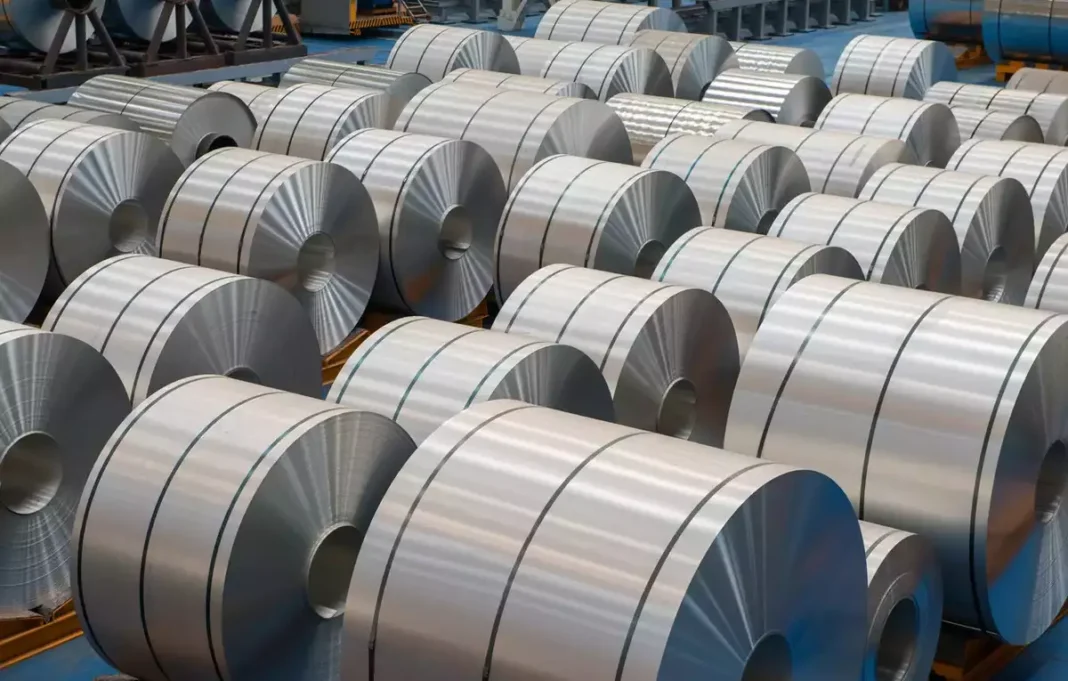The British steel industry is urging the UK government to introduce capped energy prices for heavy industry, similar to those in France and Germany, to help offset high electricity costs and counter the effects of Donald Trump’s trade policies.
Energy Costs Hindering UK Steel Industry
According to UK Steel, the industry’s main lobbying group, British steel producers pay up to 50% more for electricity than their counterparts in France and Germany. Analysis from consultancy firm Baringa estimates UK steelmakers will pay £68 per megawatt hour (MWh) for electricity in 2025, compared to £44 in France and £52 in Germany.
Industry leaders argue that these high energy costs undermine competitiveness and discourage investment in the UK. Liam Bates, President of Long Products at Marcegaglia Stainless, emphasized:
“Energy is the biggest area. You need to have good energy supply and competitive energy pricing. At this time, when there is a struggle, it would help.”
The higher energy costs are attributed to:
- Greater reliance on gas-fired power generation
- Limited access to cheaper foreign electricity via subsea cables
- Lower government subsidies compared to European rivals
Proposed Energy Price Cap through CfD
To address these issues, UK Steel has proposed a Contract for Difference (CfD) mechanism, which would set a maximum price for industrial electricity. Under this system:
- The government would pay steelmakers the difference if electricity prices exceed the set cap.
- Companies would refund the difference if prices drop below the cap.
Baringa estimates that setting prices at French levels would cost the government £51 million annually between 2026 and 2030. However, these costs could rise if more steel producers relocate to the UK.
Despite industry support for the proposal, it is unclear whether the government will commit to such a mechanism, given the potential financial burden if global gas prices increase.
Government Investment and Trade Protection Measures
The UK government has already allocated £2.5 billion for the modernization of the steel industry, focusing on the transition to net-zero production through cleaner electric arc furnaces. Some industry leaders argue that reducing energy prices would be a more effective use of funds than direct technology investments.
Additionally, some UK steelmakers are advocating for safeguard tariffs to prevent trade diversion resulting from Trump’s 25% tariffs on steel and aluminum imports.
Labour’s Commitment to Lowering Industrial Energy Costs
The Labour government has previously pledged to reduce electricity costs for industrial users, though specific policies have yet to be announced. Frank Aaskov, Director of Energy and Climate Change Policy at UK Steel, stressed:
“The British steel industry is at a severe competitive disadvantage due to long-term high electricity costs. The UK is an outlier, as European competitors benefit from government wholesale price mechanisms that shield them from high power prices.”
The steel industry sees capped energy prices as a critical step toward maintaining competitiveness and attracting investment. However, the government must weigh cost implications and potential market fluctuations before committing to such a policy.
For more business updates, stay tuned to London Pulse News.


